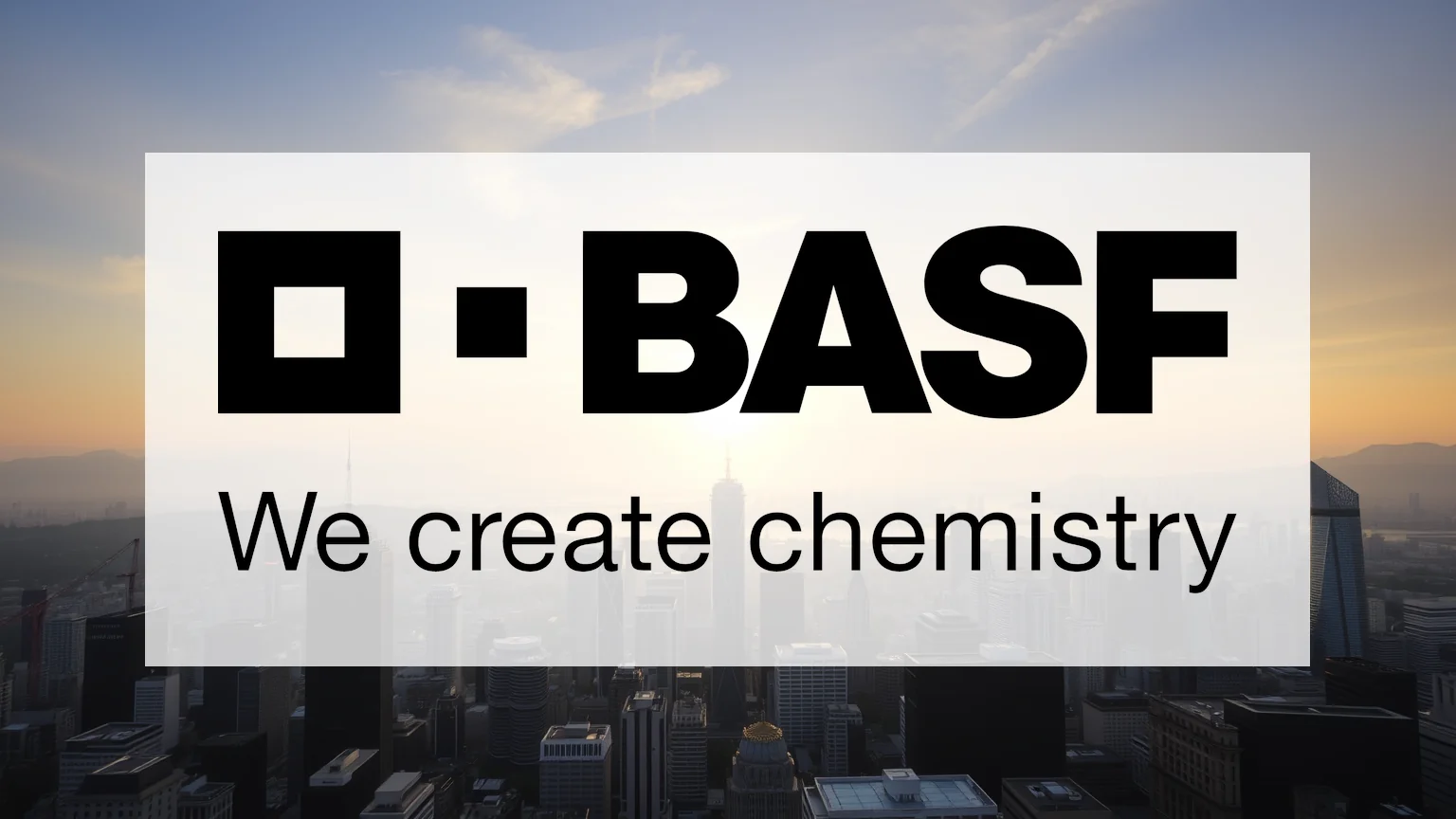In a significant strategic reversal, German chemical giant BASF has terminated one of its most ambitious projects—a multi-billion dollar investment to produce low-carbon blue ammonia on the US Gulf Coast. The decision reflects a broader corporate pivot away from capital-intensive mega-projects in favor of initiatives promising faster returns and higher profitability in an increasingly volatile global market.
Partnership with Yara Dissolved
BASF and its Norwegian partner, fertilizer producer Yara, have mutually agreed to end their joint venture. The project, initially conceived as a strategic move toward a more sustainable future, has been shelved due to unfavorable market conditions and economic uncertainties. This move sends a clear signal that BASF is prioritizing disciplined capital allocation and shifting its focus away from large-scale, long-term investments.
Key Implications of the Decision:
– Complete discontinuation of the blue ammonia production joint venture
– Increased focus on projects with superior value-creation potential
– Emphasis on capital discipline amid ongoing market instability
– Strategic realignment toward higher-margin specialty chemicals
Navigating a Challenging Macroeconomic Climate
The project’s cancellation occurs against a backdrop of mounting external pressures. European equity markets are currently facing significant headwinds driven by geopolitical tensions and growing concerns over economic performance. As a globally positioned industrial group, BASF remains particularly susceptible to shifts in the world economy, with general market uncertainty directly impacting the company’s valuation.
Should investors sell immediately? Or is it worth buying BASF?
A Renewed Focus on Specialty Chemicals
As BASF applies the brakes to large-scale investments, it is increasingly channeling resources into its more lucrative specialty chemicals division. Recently, the company introduced new additive solutions from its “Valeras” series, which are specifically designed to enhance sustainability and recyclability in the plastics sector.
This strategic refinement indicates that BASF intends to grow in areas where sustainability trends align with strong profitability. The critical question for investors and market observers is whether this heightened focus on high-margin specialties will be sufficient to offset challenges arising from a difficult market environment and the ongoing corporate restructuring.
BASF is currently steering through turbulent times—the coming quarters will reveal whether this recalibrated strategy can deliver the intended results.
Ad
BASF Stock: Buy or Sell?! New BASF Analysis from February 7 delivers the answer:
The latest BASF figures speak for themselves: Urgent action needed for BASF investors. Is it worth buying or should you sell? Find out what to do now in the current free analysis from February 7.
BASF: Buy or sell? Read more here...













